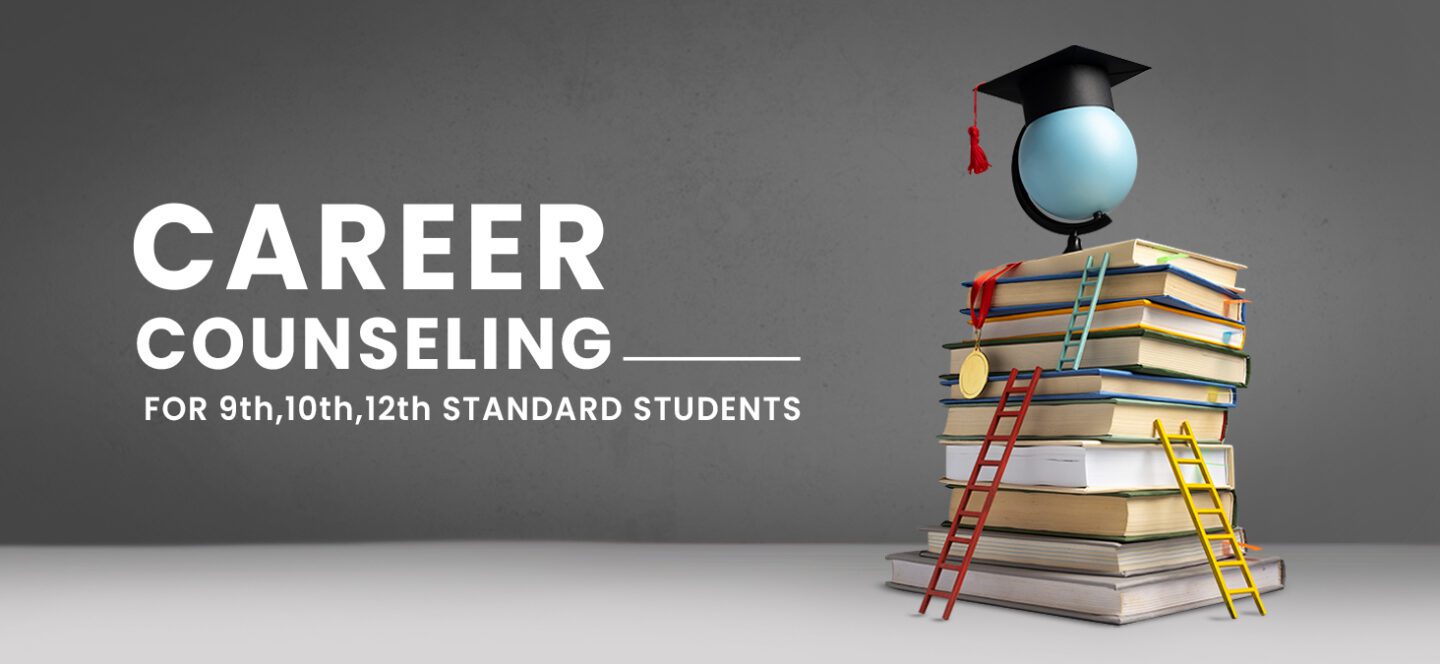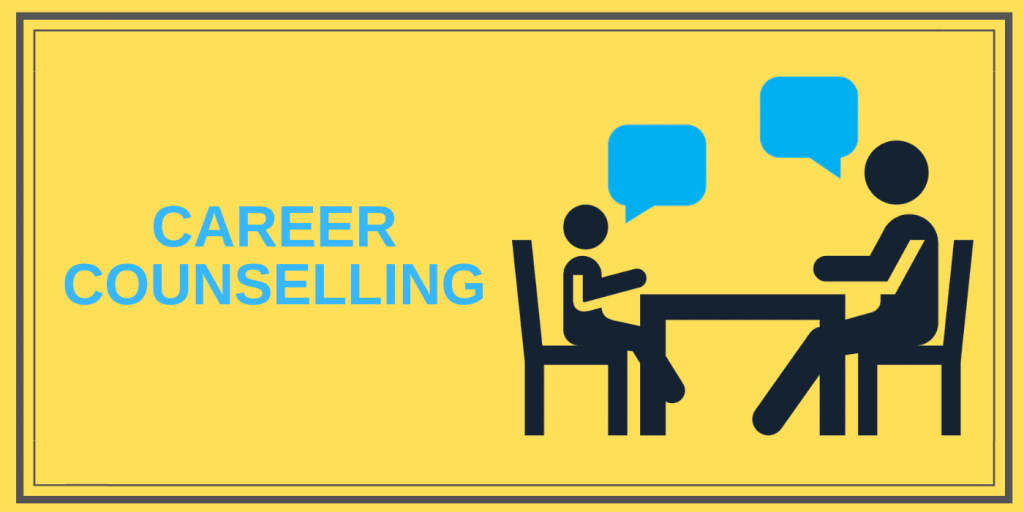JAKARTA, studyinca.ac.id – Navigating the transition from college to the professional world can be both exciting and daunting. Career counseling plays a crucial role in helping students make informed decisions about their futures. This guide offers honest insights into the career counseling process, providing practical tips and strategies to help you effectively navigate your professional journey after college.
Understanding Career Counseling

What Is Career Counseling?
Career counseling is a collaborative process between a counselor and a client aimed at exploring career options, setting goals, and developing strategies for achieving professional aspirations. It encompasses various activities, including:
- Assessing Interests and Skills: Understanding your strengths, weaknesses, interests, and values to identify suitable career paths.
- Exploring Career Options: Researching various industries, job roles, and educational requirements to make informed decisions.
- Developing Job Search Strategies: Learning effective techniques for job searching, networking, and interviewing.
- Setting Goals: Establishing short-term and long-term career goals and creating actionable plans to achieve them.
Why Is Career Counseling Important?
- Personalized Guidance: Career counseling provides tailored advice based on individual interests, skills, and aspirations.
- Informed Decision-Making: Counselors help students explore various career paths, ensuring they make informed choices about their futures.
- Skill Development: Counseling sessions often include training in resume writing, interview techniques, and networking skills.
- Support and Encouragement: Career counselors offer emotional support and encouragement during what can be a stressful transition.
The Career Counseling Process
1. Initial Assessment
The first step in career counseling typically involves an assessment of your interests, skills, and values. This may include standardized tests, self-assessments, and discussions about your past experiences and future aspirations.
Tip: Be open and honest during this assessment. The more accurately you portray your interests and skills, the better guidance you will receive.
2. Exploring Options
Once your assessment is complete, your counselor will help you explore various career options that align with your strengths and interests. This may involve researching industries, job roles, and potential employers.
Tip: Keep an open mind when exploring options. Sometimes, opportunities you hadn’t considered may align perfectly with your skills.
3. Goal Setting
After identifying potential career paths, the next step is to set specific, measurable, achievable, relevant, and time-bound (SMART) goals. This helps create a clear roadmap for your career journey.
Tip: Break down larger goals into smaller, manageable steps to make the process less overwhelming.
4. Developing a Job Search Strategy
Your counselor will guide you in creating a job search strategy, including resume writing, cover letter development, and interview preparation. They may also provide resources for job listings and networking opportunities.
Tip: Tailor your resume and cover letter for each job application to highlight relevant skills and experiences.
5. Ongoing Support
Career counseling doesn’t end once you secure a job. Many counselors offer ongoing support as you transition into your new role, helping you navigate challenges and plan for future career growth.
Tip: Stay in touch with your counselor even after you start working. They can provide valuable insights as you progress in your career.
Practical Tips for Maximizing Career Counseling
1. Be Proactive
Take the initiative to seek out career counseling services early in your college journey. The earlier you start, the more time you’ll have to explore options and develop your skills.
Tip: Schedule regular check-ins with your counselor to discuss your progress and any new developments in your career journey.
2. Prepare for Sessions
Come prepared for your counseling sessions with specific questions or topics you want to discuss. This will help you make the most of your time with your counselor.
Tip: Bring your resume, cover letters, and any relevant materials to your sessions for feedback.
3. Utilize Resources
Take advantage of the resources your college career center offers, including workshops, networking events, and job fairs. These can provide valuable opportunities to connect with potential employers.
Tip: Attend workshops on resume writing, interviewing, and networking to enhance your skills.
4. Network Actively
Networking is a crucial aspect of the job search process. Your counselor can help you identify networking opportunities and teach you effective networking strategies.
Tip: Join professional organizations related to your field of interest to expand your network and gain insights into industry trends.
5. Stay Open to Feedback
Be receptive to feedback from your counselor and peers. Constructive criticism can help you refine your approach and improve your chances of success.
Tip: Ask for specific examples of how you can improve your resume or interview skills based on their feedback.
Common Challenges in Career Counseling
1. Uncertainty About Career Goals
Many students struggle with uncertainty about their career goals, feeling overwhelmed by the multitude of options available.
Solution: Use assessment tools and discussions with your counselor to clarify your interests and values. Remember, it’s okay to explore different paths before settling on one.
2. Fear of Rejection
The fear of rejection can be paralyzing during the job search process. Many students worry about not being good enough or facing multiple rejections.
Solution: Understand that rejection is a natural part of the job search process. Use each experience as a learning opportunity to improve your approach.
3. Balancing Academics and Job Search
Students often find it challenging to balance their academic responsibilities with their job search efforts.
Solution: Create a schedule that allocates time for both academics and job searching. Prioritize tasks to manage your time effectively.
4. Lack of Experience
Many students feel they lack the necessary experience to be competitive in the job market.
Solution: Focus on transferable skills gained from internships, volunteer work, and extracurricular activities. Highlight these experiences in your applications.
Learning from Epic Failures
While career counseling can provide valuable guidance, it’s essential to learn from common missteps that students make during their career journeys:
1. Ignoring Networking Opportunities
Some students underestimate the importance of networking and miss out on valuable connections that could lead to job opportunities.
Lesson: Actively engage in networking events and build relationships with professionals in your field.
2. Submitting Generic Applications
Many students submit the same resume and cover letter for multiple positions, failing to tailor their applications to specific job requirements.
Lesson: Customize your application materials for each job to demonstrate your genuine interest and relevant skills.
3. Neglecting Follow-Up
After interviews, some students forget to send thank-you notes or follow-up emails, missing an opportunity to reinforce their interest in the position.
Lesson: Always follow up after interviews to express gratitude and reiterate your enthusiasm for the role.
4. Failing to Seek Help
Some students hesitate to seek career counseling, thinking they can navigate the job search process alone. This can lead to missed opportunities and increased frustration.
Lesson: Don’t hesitate to reach out for help. Career counselors are there to support you in your journey.
Conclusion
Career counseling is an invaluable resource for college students navigating their transition into the professional world. By engaging in the counseling process, you can gain personalized guidance, explore various career options, and develop effective job search strategies.
As you embark on your professional journey, remember to be proactive, utilize available resources, and stay open to feedback. Learn from both successes and failures, and embrace the opportunities that come your way. With the right support and mindset, you can successfully navigate your career journey and achieve your professional goals.
“Improve Your Abilities: Explore Our content on Knowledge
Take a Look at Our Latest Article on Student Leadership!

